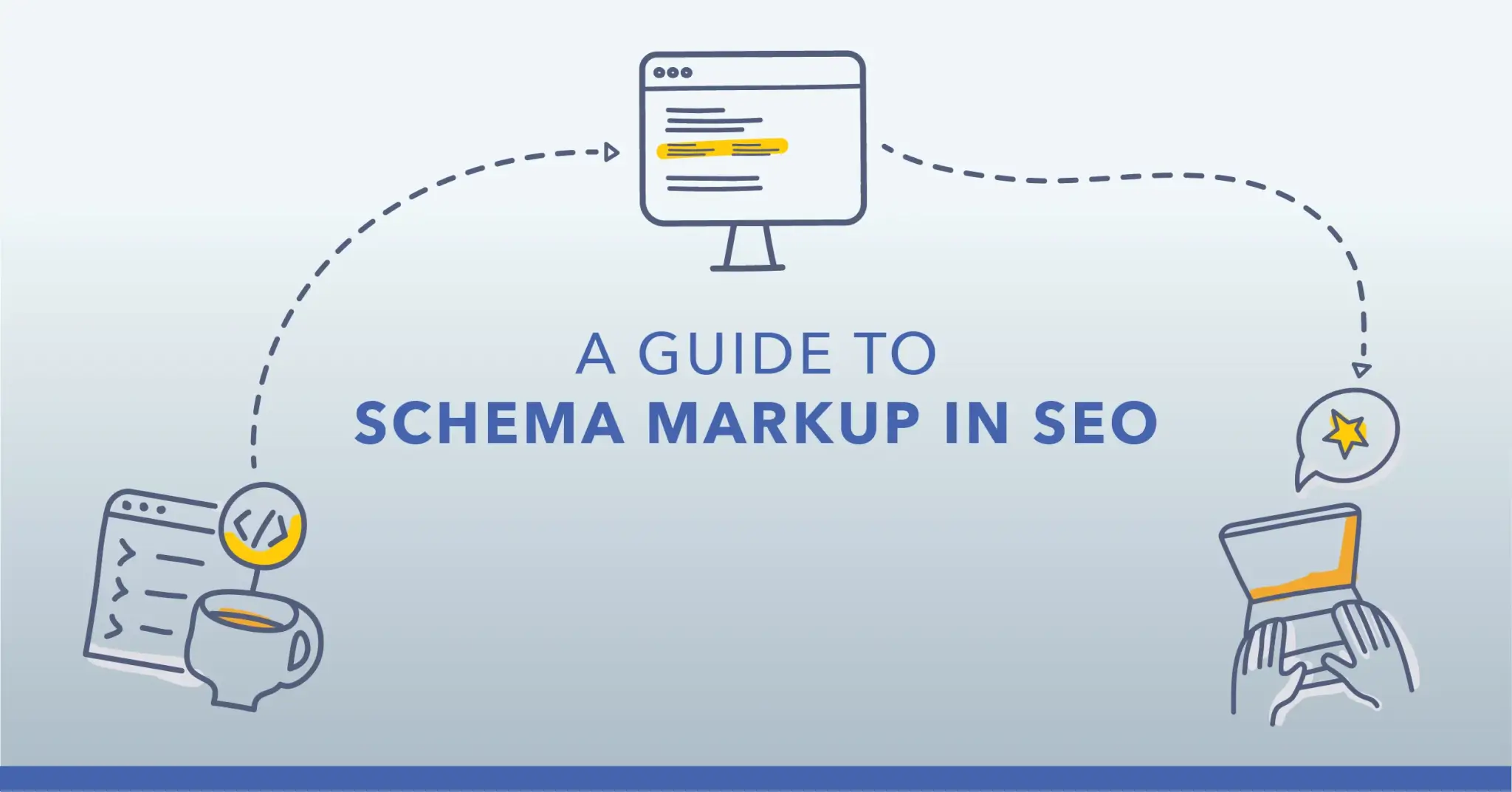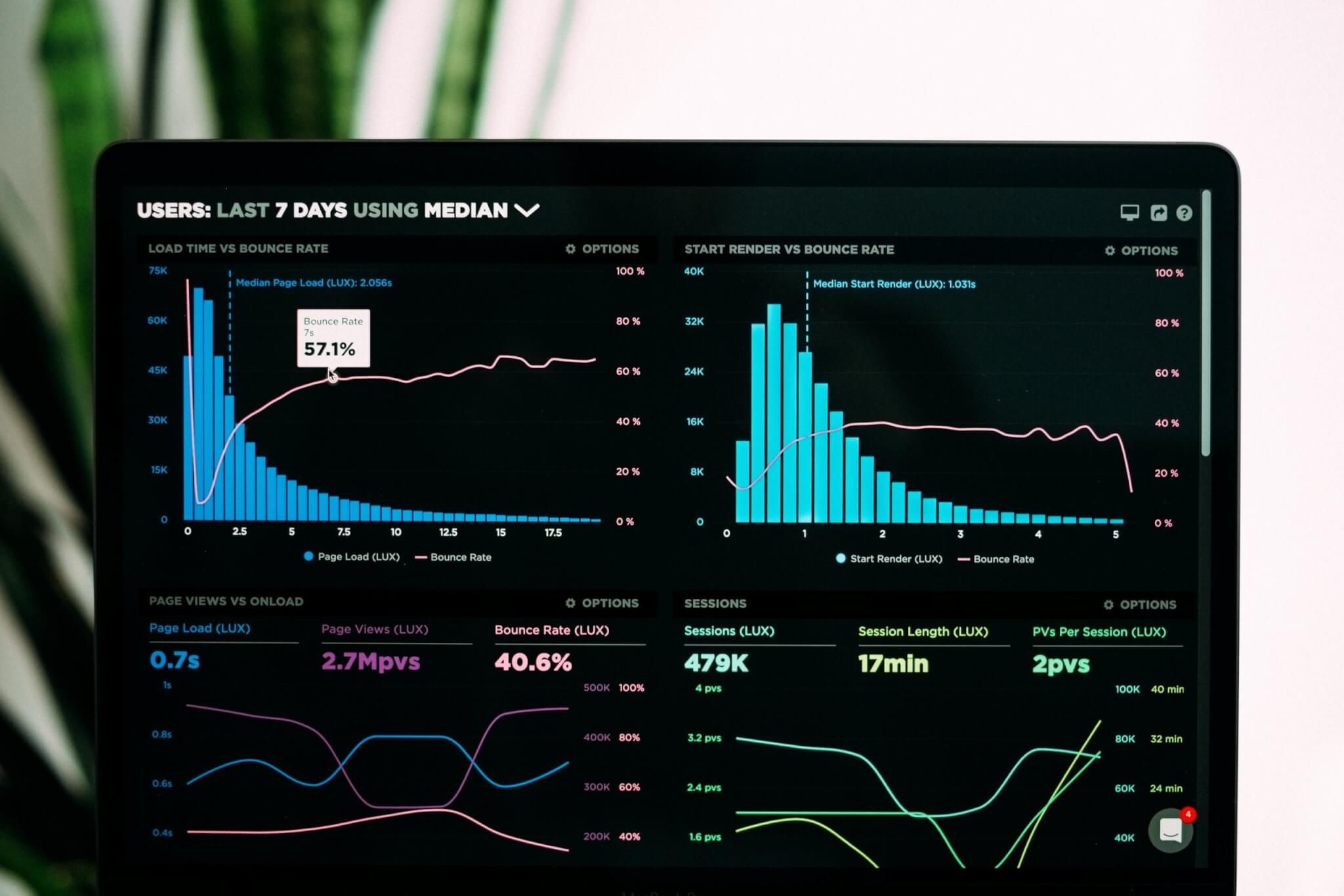You’ve created an amazing piece of content that is exactly what people are looking for. It answers their questions, includes all the relevant keywords and is unique high-quality content. Job done…right? Wrong! In order for content to rank successfully, it needs to have authority. This can be done via link building. In fact, Google has even confirmed that link building is one of the most important ranking factors. So, what on earth is link building and how do you do it?
What is link building?
Link building is the act of acquiring links to your website from other websites. The official SEO term for this is backlinks. Gaining backlinks from quality websites increases the authority of your website which results in a higher ranking on search engine results pages (SERPs).
How does link building work
Link building starts with producing great, high-quality valuable content on your website. Naturally, other sites will begin to link to high-value content as it’s reputable information. Here are just some of the ways to acquire backlinks:
- Guest blogging/posting
- Social media promotion
- Manual outreach – requesting links from authoritative sites
- Chasing competitor’s backlinks
Remember, the focus should always be on creating valuable content first. Backlinks will then come much more naturally.
The difference between Follow vs Nofollow links
There are different types of links to be aware of when gaining backlinks.
Nofollow links
- For when you want to link to another website but don’t want Google to crawl that site.
- This means you can link to a site without endorsing it or passing authority on.
- Nofollow links can still help brand recognition and increase page referral traffic.
Follow links
- For when you want to link to another website and tell Google they can crawl that site.
- This passes on the authority and so the website should be trusted.
- This increases page rank as search engine bots crawl the site, understanding the content better.
Ideally, backlinks should follow links to gain the maximum benefit. However, nofollow links can still be beneficial by boosting traffic.
Why is link building important for SEO?
Putting the time into making great content might not reap the rewards you expect if your website lacks authority and isn’t appearing on SERPs. You can gain website authority with backlinks from high-quality ranking websites. Essentially, backlinks work as though other trusted websites are ‘backing’ you and your content. Building up this authority is what helps your website to appear on SERPs, rank higher on Google, boost SEO and drive more traffic to your quality content.
How to build links successfully for SEO
Let’s explore how to go about building links and boosting your SEO website authority with the following steps:
- Write quality content – the first step is the most important, write unique, high-quality and valuable content that other trusted sites will be willing to link to.
- Request backlinks – it’s likely that you’ll have to contact the owner of high-ranking websites in order to gain backlinks. Keep in mind that you only want to contact websites in your niche, that are credible sites and will help boost your authority.
- Manually place links – you can manually share links to your content with comments, guest posts and press releases. This can help drive more traffic but won’t have the same impact as other sites linking to you.
- Earn backlinks – the tactic that requires the most effort reaps the highest reward, unsurprisingly. Earning a link means that you’ve produced such quality content that other sites of authority naturally link to you, without having to request.
Easy SEO link building strategies
So, what are the best ways to actually obtain these high-quality links to your amazing content? Here are some of the best link building strategies that work time and time again:
- Create linkable assets – linkable assets are pieces of content that are designed to attract links. For example, you might present some research in the form of an infographic that’s more likely to be shared and linked to by other people.
- Share content on social media – sharing valuable content on social media with great linkable assets means more eyeballs on your work and more potential backlinks. Engaging with your audience and participating in discussions are all great ways to raise awareness of your brand.
- Guest posting – guest posting, when done right, can be a great way to partner with authoritative websites and gain links. It can be time-consuming but pitching ideas on case studies and industry news is a great place to start. Only approach well-known sites to make it worth your while.
- Broken link building – searching for broken links on sites in your industry and reaching out to recommend they replace the link with your content is a clever way to gain authority. You can find these broken links quickly using SEO tools.
- Unlinked brand mentions – many businesses are often mentioned in the press without a link to their website. When you discover these, you can simply email and request that they add a link.
- Replicate competitor’s backlinks – you can use an SEO tool to take a look at your competitor’s backlink strategy. You can then replicate this and potentially find new websites to request a link from.
Like all SEO strategies, link building requires dedication, consistency and hard work. However, the reward is worth the effort with a huge boost to website authority and rank on Google. As your link building strategy pays off, you’ll soon find that competitors are linking to your content naturally because you’re now on their radar! At Distinctly, our Digital PR team are link building experts and can help you form a strategy that’ll have you receiving quality links in no time.










































